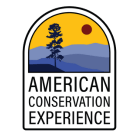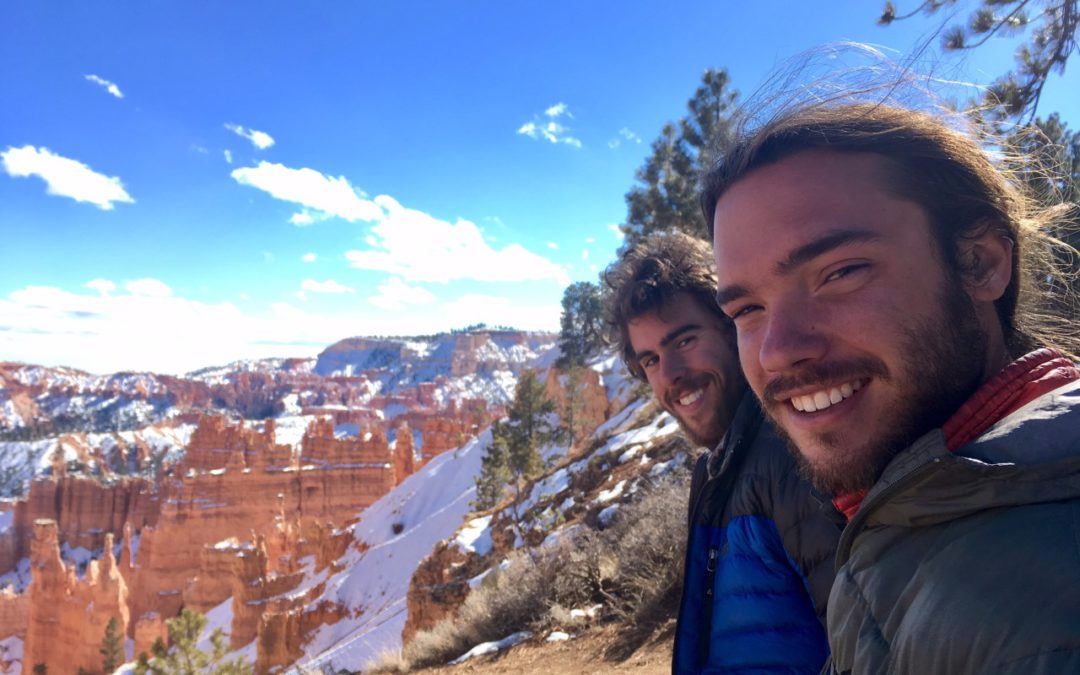Alumni Name: Carson Salter
Pronouns: He/Him
Dates Served with ACE: 2017-2018
Roles: Corps Member, Mountain West Crew
Locations: St. George, Utah (itsthedesertbabay)
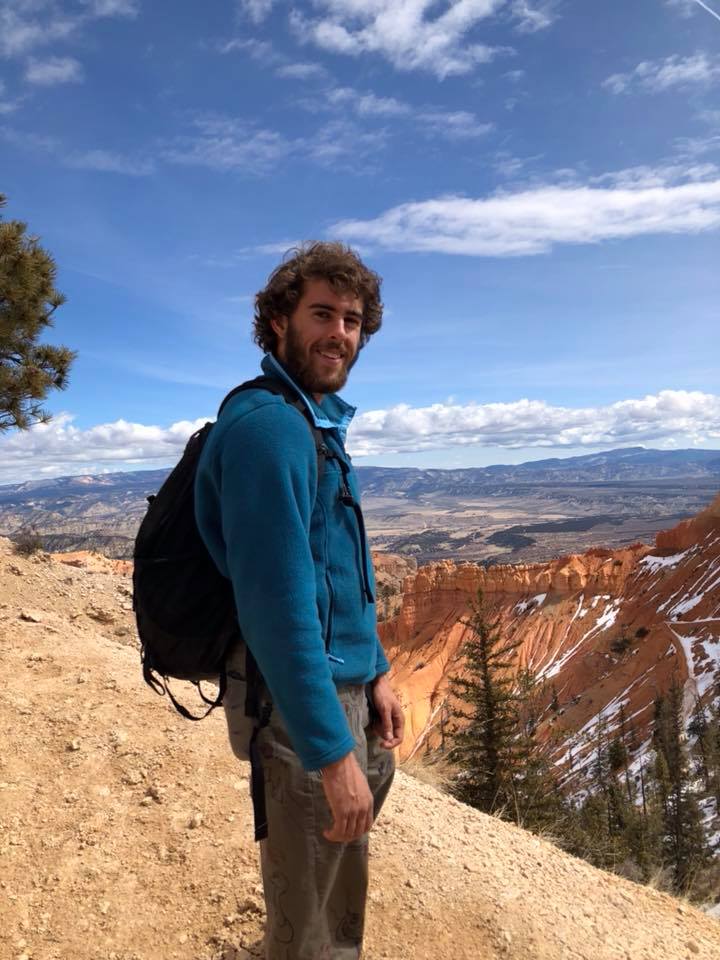
Q: What were you doing before ACE?
A: Studying Music Composition at the University of North Texas
Q: How did you hear about ACE?
A: I was in Sequoia National Park for my 18th birthday. I was breathless at the sight of the trees. At this point in my life I had been experiencing a deep depression. The forest invigorated me; I had never felt so hopeful. I saw some NPS workers speaking about how to remove one of the fallen giants from the trail. I asked them how I could get a job in the forest, they told me “Work
with ACE, we only hire from them.” So, I applied the next day and didn’t look back for one second. It was the best choice I have ever made.
Q: Walk me through your time with ACE? What was your favorite aspect of being an ACE corps member?
A: My time at ACE was during an integral moment in my life. I was deciding to move on from a path in life that I had been on since I was a child. When I joined ACE I took power back into my hands for how my life and my happiness were going to be. My favorite aspect of ACE was just that. In ACE you have many friends and nearly every one of them is starkly different. There is one thing, however, that we all did have in common; we chose to be there. We wanted nothing more at that in our lives than to be in ACE doing unusual things. This is my favorite part about ACE. The individualism and intellectual diversity is palpable. You really feel like you are an important part, among many others, in a community that thrives as one.
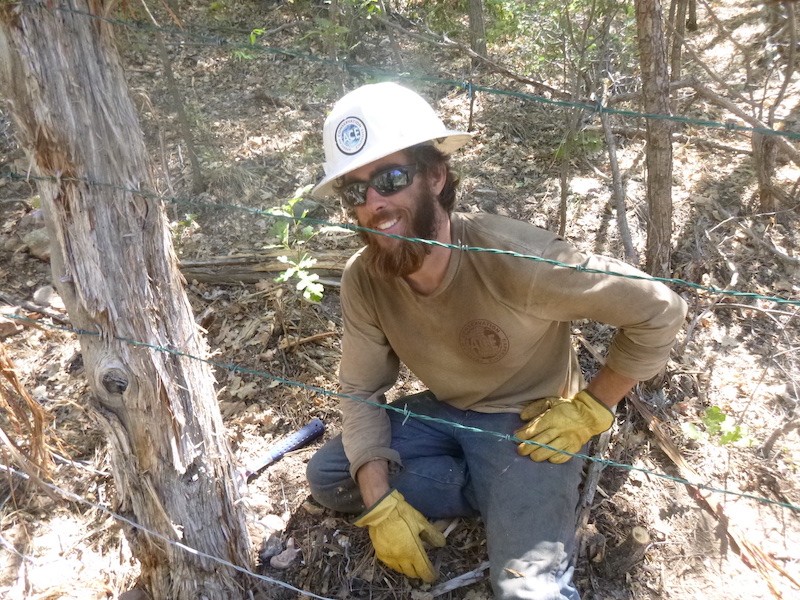
Q: What is ACE MTW culture? How do you feel you participated in that culture?
A: In the Off-Days of MTW, it’s all action and go-go-go. Everyone is so amped on climbing, hiking, biking, running, and camping. Things move fast and if you want to jump on you better do it. That’s another thing, even though people are trying to get out and go there isn’t any essence of exclusionary intention about it. If you want to climb, just say it, and the next thing you know it you will be half-way up the side of a cliff. However, there a great many times that the action and adventure catches up with you. In these down times, the house feels relaxing and there are often a few others around that feel the same way. No one there is going to make you feel lame for not going out on the next adventure. If you want to chill, you chill.
Hitch culture is quite different though. Due to the small size of the branch, chances are you’ll be going out with some people several times in a row. This dynamic allows for rock solid work-bonds to be made between corps members that are on project together frequently. These bonds create smooth work-flow, high efficiency, and inspire others that are new to easily fall into place with the team. Workmanship is a serious aspiration for MTW. We like to work and we like to do it well. This may sounds very dry and utilitarian, but hitch doesn’t come without an incredibly diverse array of hitch-games and inside jokes to keep the slow days moving on. These games and jokes are as if ACE MTW has developed an entirely new an unwritten language that can only be learned through immersion. I am sure other ACE branches can say the same thing; they just have a different dialect.
This all makes ACE sounds perfect all the time. There are hard days, dramatic times in the canyon, and sometimes a lot of heartache. But, you will find that this experience is like no other. You will not forget what you did, who you met, and how you felt when your time is over in ACE.

Q: What was it like living in Hurricane, Utah? Any favorite activities? Hikes? What did you do on your off days?
A: Hurricane is incredible. It is the perfect spot for travel of the intermountain west and a great small town to come back to after a crazy hitch. It is quiet and filed with exciting things to do outdoors. I went all over the place on my off-days, climbing, backpacking, camping, and hiking. My favorite set of off-days was actually my first set of off-days. I went to Canyon-Lands and did a backpacking trip, then went skydiving over Canyonlands the very same day that was got out of the canyon. I will never forget that trip.
Q: Did you have a favorite project? Why?
A: My second hitch was in Bryce-Canyon, it was a fuels reduction project with just one swamper among an entire tribe of sawyers. I was the one swamper. This project is my favorite project for two reasons; I was the only swamper, and I vividly remember every single dream I had each night in the hitch. My second favorite hitch(s) was when I got to go to Caliente and build a friendship with Jesse Brown. We spent many hours moving rocks, talking about books, planning dystopian desert societies, and boxing around the fire. There was also the hitch in GC Parashcant that Jamie Kaplan and I ran out of water in the desert and started making “wizard-wands” from sticks.

Q: In what ways did ACE shape your life personally and professionally?
A: ACE showed me that it is okay to not specialize. It helped me realize that being pigeonholed is not the only option for success. I found parts of myself that had been lost, and it set me up for success in learning and development in the years that followed. If not for ACE, I would not be studying various ecological fields and pursuing a career in science and complex problem solving. ACE opened my brain.
Q: What is conservation to you? What did ACE teach you about conservation?
A: Conservation is a duty for all humans. For too long people have been operating in isolated categorical thought. This does not match with a goal for the sustainable conservation of ecological integrity and basic human needs. Both of these components must be preserved and exercised well. ACE taught me that self-reliance in a community is important for the sustainability of that system. It taught me that constant interaction and integration with the commanding condition of an area (culturally, ecologically, or intellectually) is the best way to enact change over long periods of time, despite the inevitable sort-term fluctuations that every system is subject to.
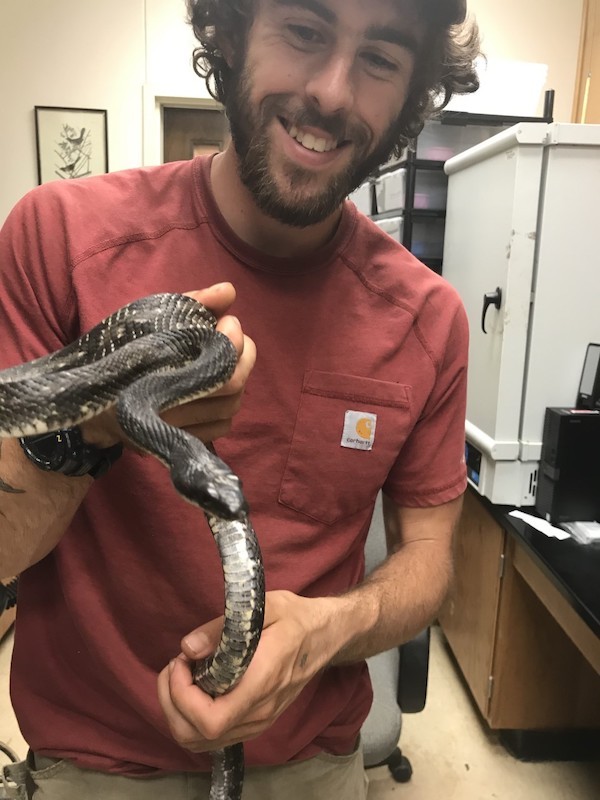
Q: What have you been doing since leaving ACE?
A: I am enrolled at the Arthur Temple College of Forestry and Agriculture in Nacogdoches, Texas. Here, I am studying fire ecology in my coursework, as well as climatic influences on loblolly pine tree growth and landscape ecological design of roadways and the interactions between “manmade” and “natural” corridors on the landscape by examining microplastics accumulation fluctuations in stream sediments adjacent to roads and bridges. My main goals are to gain deep understandings about complex adaptive systems and how to apply this thoughtful approach to any problem in any field.
Q: What comes next? What are your future goals?
A: I will plan to get work experience in conservation and public education, or go to graduate school in Forest Ecosystem science and sociology. Beyond that I would like to be a part of a movement that emphasizes more diverse and integrated approaches to some of the quickly approaching problems that our earth faces in regards to a degrading natural environment. Pollution ecology has a nice ring to it.
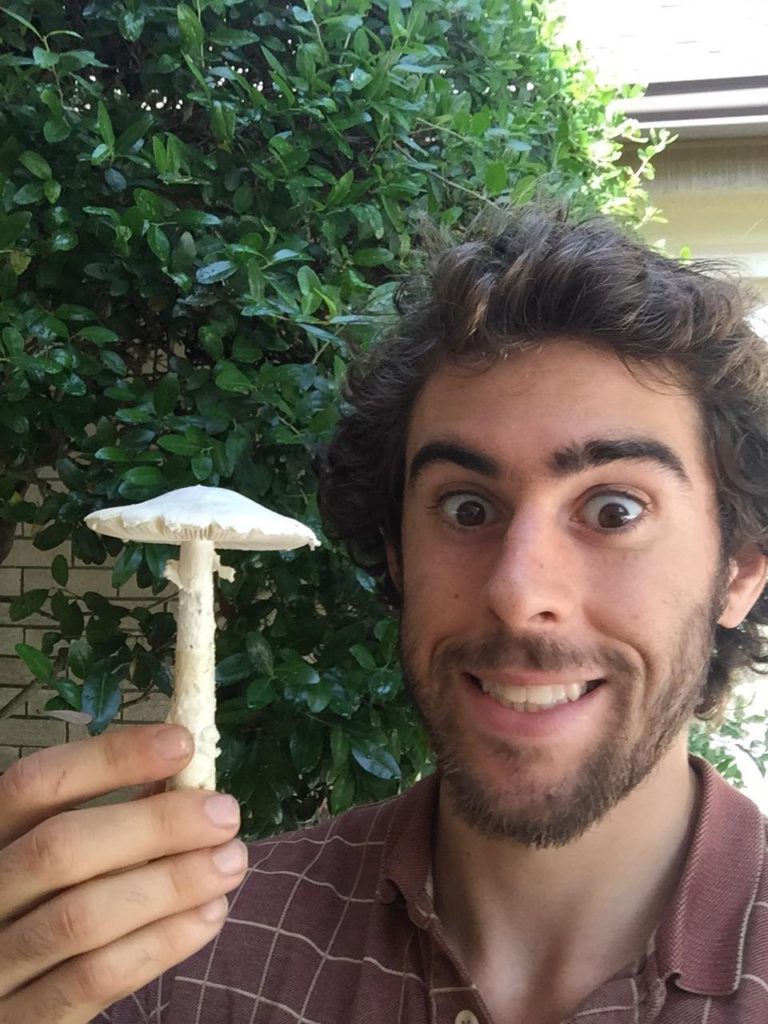
Q: How do you fill your time outside of your internship? What’s your favorite outdoor activity?
A: I enjoy cycling, running, eating, reading, and lots of other things. I am obsessed with road cycling at the moment and would say that it currently my favorite outdoor activity.
Q: If a prospective ACE member were to ask you what the benefits of joining ACE are, what would you say?
A: It depends on who you are as a person. Consider your lifelong quality and mental health goals, quality of life goals, and career goals. You will most likely think about these things after your time in ACE is over, I certainly did. Think about them before you go, enter the life of ACE with intention and don’t forget that the real world exists. ACE can sometimes feel like a vacuum existence, this is both good and bad. Be ready.
